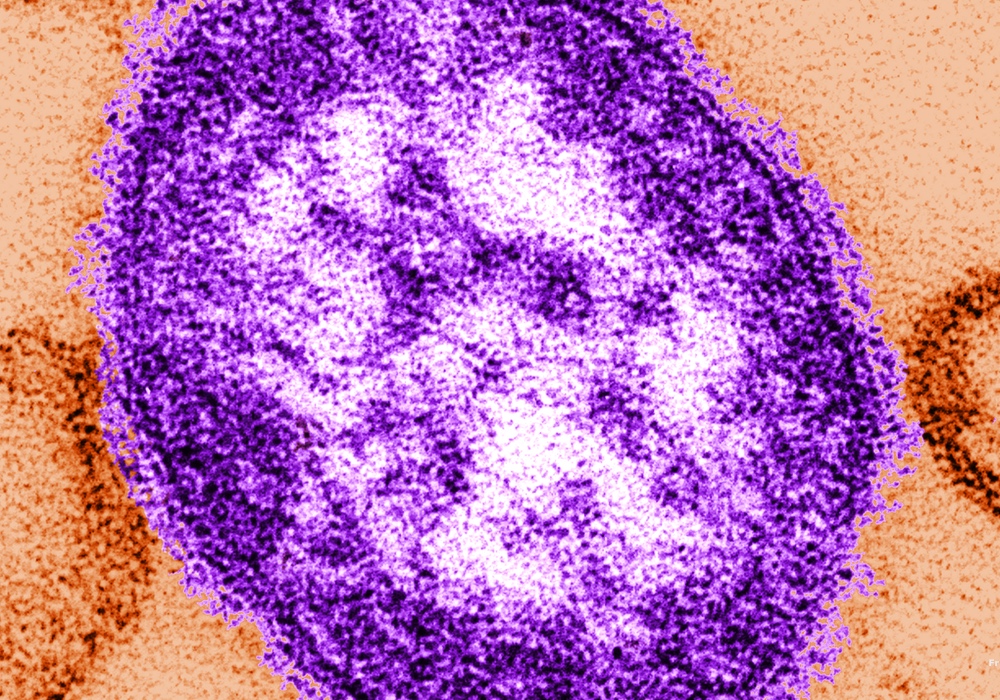People planning summer travel, particularly out of the country, should review their vaccinations, making sure they are up-to-date. Most people worry about diseases like malaria or typhoid, but there is a much more common, and contagious, threat — measles. The recent outbreak in Minnesota shows how vulnerable certain people are and how easily the disease is transmitted.
Unfortunately, the measles vaccine is overlooked by both doctors and travelers alike in travel checkups. Some may think they don’t need a measles vaccine to travel because it's not mandatory, and they consider measles a minor illness. Or they believe the measles vaccine is more dangerous than the illness itself. Maybe they think their destination is not “exotic” and they don't need vaccinations.
All these beliefs are false, according to a study funded by the Centers for Disease Control and published in Annals of Internal Medicine. There is a risk both to travelers and those back home who may become infected by travelers when they return.
Measles has been all but eliminated in the U.S. since 2000. U.S. cases are either brought to this country by a foreign visitor or by a U.S. traveler returning from abroad. “Since more than 60 percent of measles cases in this country are brought back by returning U.S. travelers,” one of the authors, Emily Hyle, explained, “increasing the number of travelers who are immune to measles will reduce the number of measles cases in this country.”Measles is one of the most contagious diseases in the world: about 90 percent of those who are not immune who come into contact with measles will become ill with the disease.
The Advisory Committee on Immunization Practices recommends people without evidence of measles immunity receive two doses of the measles-mumps-rubella (MMR) vaccine in their lifetime. You are likely to have measles immunity if you have a positive blood test for antibodies to the measles virus, have had a previous case of the measles or were born before 1957, when measles infection was very common.
Pregnant women and children younger than six months of age, and anyone whose immune system has been compromised, should not have the MMR vaccine because it is a live vaccine.
“The example we often give is that if someone who has measles and is contagious walks through a room, and somebody who is not immune walks through the room up to two hours later, they have a 90 percent of becoming ill with measles,” said Hyle.
So concern about the disease is twofold — public health professionals worry about individuals’ own health and also the possibility of measles spreading within the community.You are likely to have measles immunity if you have a positive blood test for antibodies to the measles virus, have had a previous case of the measles or were born before 1957, when measles infection was very common.
The researchers found that over half of those U.S. travelers going abroad who were eligible for the MMR vaccine did not receive it at their pre-travel medical appointment. Three-quarters of this group said they were not concerned about measles as an illness. Twenty percent had concerns about the safety of the MMR vaccine.
These disappointing numbers suggest that both travelers and their healthcare providers need more and better information on measles so they can understand the risks for the disease. “We felt it was a real opportunity to improve communication with patients about why measles as an illness is concerning,” said Hyle, an instructor of medicine at Harvard Medical School.
The MMR (measles, mumps and rubella) vaccine is recommended for all U.S. travelers going abroad, not just travelers to specific "exotic" destinations, Hyle said. For example, in Europe, there are always circulating measles and additional epidemic outbreaks of measles. The vaccine is considered very safe for healthy people with many decades of data to support its safety.
“Getting immunized prior to travel helps protect everyone in the U.S., in particular people who are immunosuppressed, and babies too young to be immunized,” Regina LaRocque, senior author on the paper, said in a statement. So do your family, friends and neighbors a favor — check your immunity and get vaccinated if necessary before setting off on summer trips.





